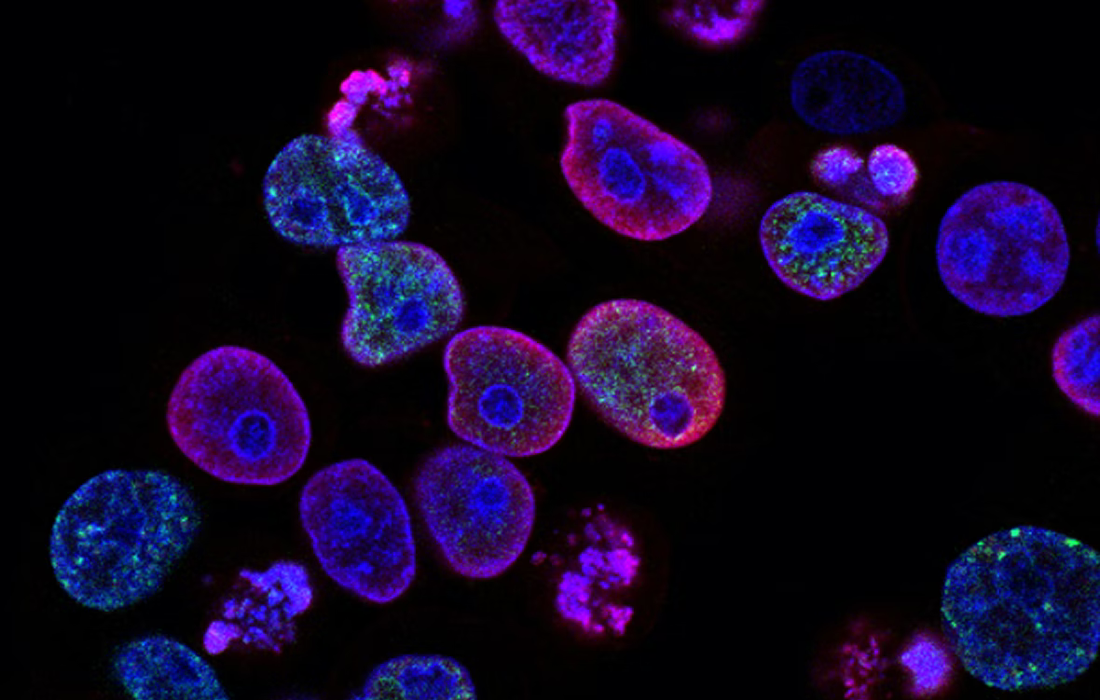Regenerative Medicine News and General Information
Immune Cells Linked to Prognosis and Survival in ALS Patients
A recently published study has suggested that types of immune cells may help predict physical status in patients with amyotrophic lateral sclerosis, while others may predict patient survival. The results were published in the journal eLife.
The results of the study suggest that measuring changes in immune cell populations may help physicians monitor the status of patients with ALS.
The study included a total of 288 ALS patients living in Stockholm. The researchers collected blood samples from the patients at the start of the study and at regular intervals afterward, and evaluated the relationship between immune cells and the participants’ disease progression for up to 5 years.
They found that leukocytes, neutrophils and monocytes increased in the participants during this period, and while doing so it became harder for the patients to complete basic physical tasks such as swallowing, holding utensils, or walking up and down the stairs.
In one subsample of 92 patients, in which 88% of them were also included in the main cohort, the team measured 23 subpopulations of lymphocytes and found that those with higher counts of natural killer cells, a type of cells that help the body fight virus infected cells and cancer cells, and higher proportions of Th2 differentiated CD4+ T cells were likely to have better survival.
They also observed that higher proportions of CD8+ T cells and CD4+ EMRA T cells were associated with worse survival.
According to the researchers immune cells appear to play a dual role, with neutrophils and monocytes playing a role in worsening motor function and T cells may be associated with survival.
The findings could lead to the development of new treatment options for these patients, and hopefully a treatment that one day can significantly increase the survival and quality of life of patients suffering from this condition.
Source:
EurekAlert. (2022, Mar 15). Immune cells linked to neurological disease prognosis and survival. EurekAlert! Retrieved from:
https://www.eurekalert.org/news-releases/946451
Image from:
Photo by National Cancer Institute on Unsplash

